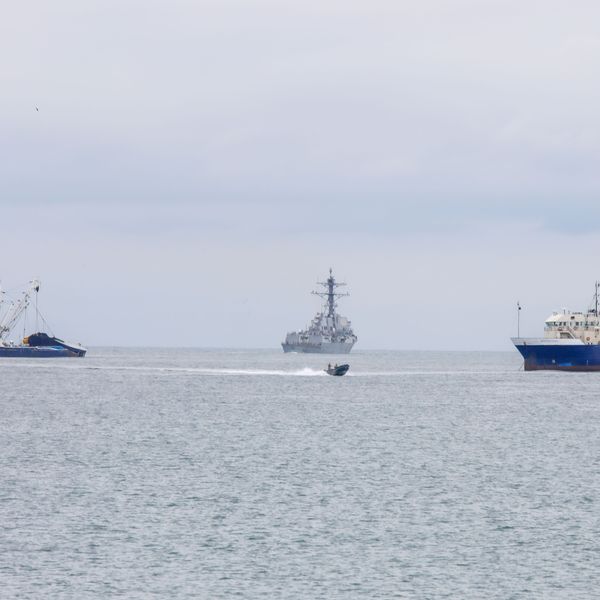Associated Press, December 1, 1990:
New York Times, January 17, 1991:
CNN, December 16, 1998:
New York Times, December 17, 1998:
CNN, March 1, 2003:
Time, John Dickerson, January 28, 2003:
CBS, March 22, 2003:
The Daily Beast, July 24, 2014:
International Business Times, January 2, 2014:
There are several brief points worth noting about all of this:
(1) For those who ask "what should be done?," has the hideous aftermath of the NATO intervention in Libya - hailed as a grand success for "humanitarian interventions" - not taught the crucial lessons that (a) bombing for ostensibly "humanitarian" ends virtually never fulfills the claimed goals but rather almost always makes the situation worse; (b) the U.S. military is not designed, and is not deployed, for "humanitarian" purposes?; and (c) the U.S. military is not always capable of "doing something" positive about every humanitarian crisis even if that were really the goal of U.S. officials?
The suffering in Iraq is real, as is the brutality of ISIS, and the desire to fix it is understandable. There may be some ideal world in which a superpower is both able and eager to bomb for humanitarian purposes. But that is not this world. Just note how completely the welfare of Libya was ignored by most intervention advocates the minute the fun, glorious, exciting part - "We came, we saw, he died," chuckled Hillary Clinton - was over.
(2) It is simply mystifying how anyone can look at U.S. actions in the Middle East and still believe that the goal of its military deployments is humanitarianism. The U.S. government does not oppose tyranny and violent oppression in the Middle East. To the contrary, it is and long has been American policy to do everything possible to subjugate the populations of that region with brutal force - as conclusively demonstrated by stalwart U.S. support for the region's worst oppressors. Or, as Hillary Clinton so memorably put it in 2009: "I really consider President and Mrs. Mubarak to be friends of my family."
Read the rest of this article at The Intercept.


